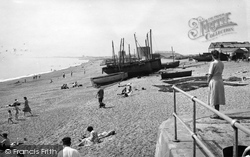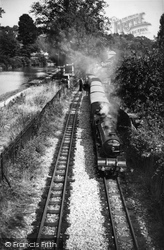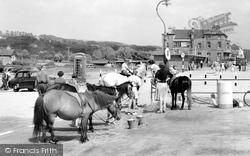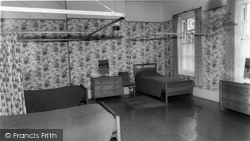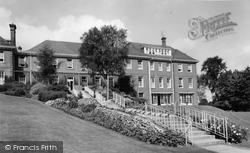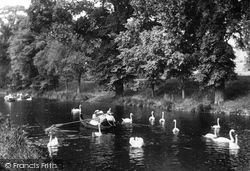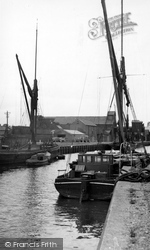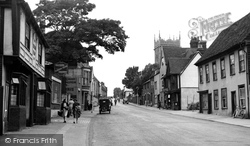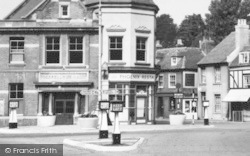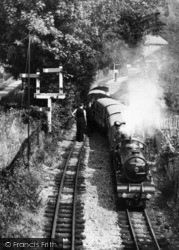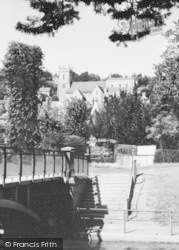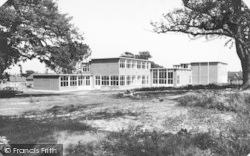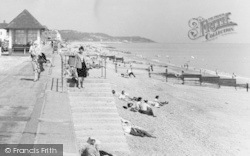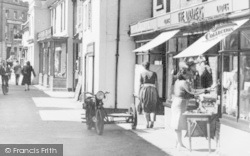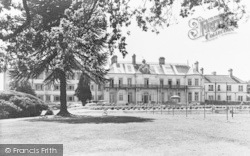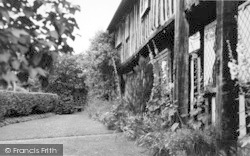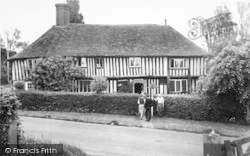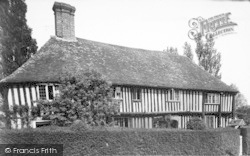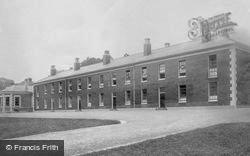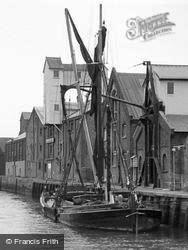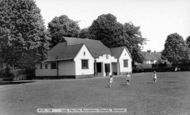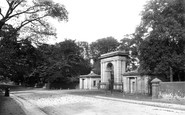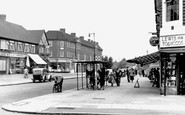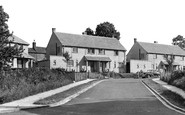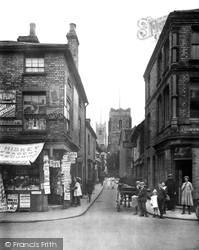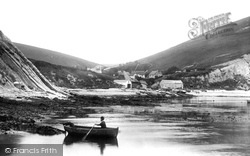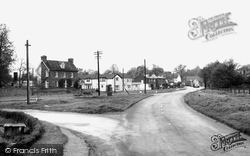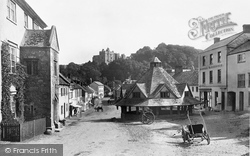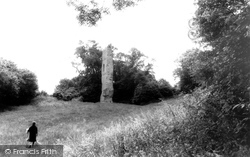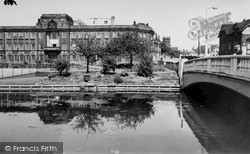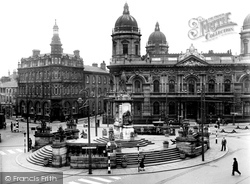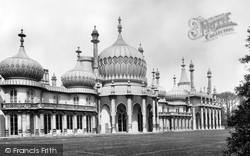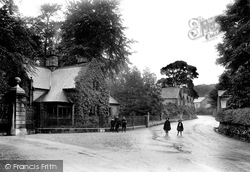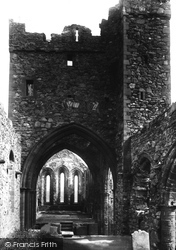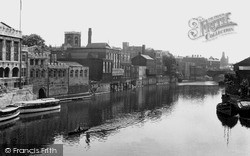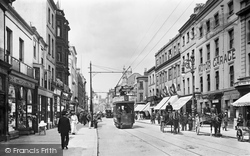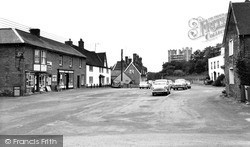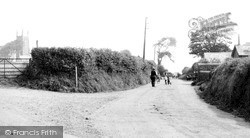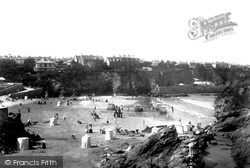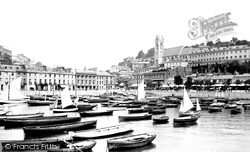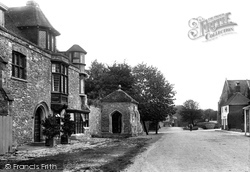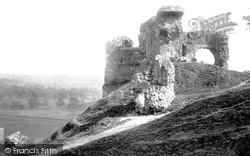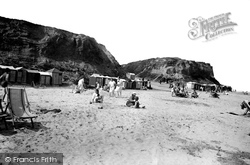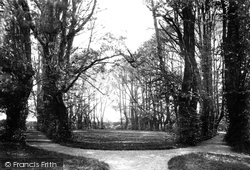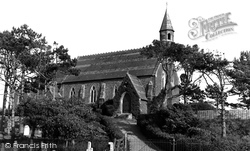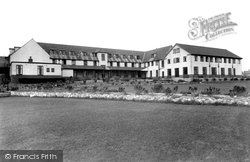Places
18 places found.
Those places high-lighted have photos. All locations may have maps, books and memories.
- Hythe, Kent
- Hythe, Hampshire
- Small Hythe, Kent
- Bablock Hythe, Oxfordshire
- Methwold Hythe, Norfolk
- Hythe, Somerset
- Hythe, Surrey
- Hythe End, Berkshire
- The Hythe, Essex
- Egham Hythe, Surrey
- West Hythe, Kent
- New Hythe, Kent
- Broad Street, Kent (near Hythe)
- Horn Street, Kent (near Hythe)
- Newbarn, Kent (near Hythe)
- Newington, Kent (near Hythe)
- Broad Street, Kent (near Hythe)
- Stone Hill, Kent (near Hythe)
Photos
360 photos found. Showing results 181 to 200.
Maps
101 maps found.
Books
10 books found. Showing results 217 to 10.
Memories
4,406 memories found. Showing results 91 to 100.
Childhood In Salford
I was born Susan Cooke in no. 11 Quanton House, Amersham Street just of Liverpool Street , in my nana's flat. We lived with her until I was 3 from 1957 to 1960 when we moved to Trenham Street near to where the Salford Macdonalds ...Read more
A memory of Salford in 1960 by
Starting At School
I clearly remember starting at Greetby Hill C of E School in 1960. The headmistress' name was Miss Cobb. I then moved up into the Junior School in 1962, taught in succession by Miss Greenwood, Mr Tyndsley and Mr Hesketh. The ...Read more
A memory of Ormskirk in 1960 by
141st Hb Rga
I'm not from East Ham but my Grandad served with the 141st HB which was formed in East Ham in 1915, they billeted in local schools. Any ideas of local names of schools? I think they used Clockhouse and Manor Farms, he used to mention a place ...Read more
A memory of East Ham by
Lady Neville Recreation Ground
I played here from 1970 onwards. Behind the building were the public loos. To the left of the building, and to the left of the entrance off Avenue Road was a hump, about 4 feet high with a double skin brick wall along ...Read more
A memory of Banstead by
The Plantations
Well not just for the 1930's but for twenty years after as well. Memories come flooding back - not just for this picture but for Wigan itself. I was born there in 1931 - in my grandparents home 38, Dicconson Street - a section no ...Read more
A memory of Wigan in 1930 by
The Good Old Days
In the mid 1950's I used to work as a young school boy on a Saturday morning for the butcher ( I think his surname was Finch) just out of shot on the extreme left of the picture. I used to ride a delivery bicycle, small wheel at ...Read more
A memory of Bexleyheath in 1954 by
Dads First Cattle
My dad had a yard here before the houses were built back in the 40s. He bought his first cows and used to milk them in a barn there. I can remember as a small child being in the barn with mum and dad when an aeroplane crashed ...Read more
A memory of Lower Heyford in 1940 by
Evacuee
My name was Evelyn Smith "Eve". I was evacuated to my uncle and aunt's home during the war. My uncle was Sidney Smith - he was station master. We lived at 3 Coombe Lea. Miss Richardson was our school teacher - a really beautiful ...Read more
A memory of Tipton St John in 1940 by
Stone In The 1950s
I am now 57 years of age, and live in Australia. I was born in Stone, Stafforshire in 1949 and would love to go back and visit. As a child I remember walking along the canal and standing watching as a blacksmith mended a horse's shoe. ...Read more
A memory of Stone in 1956 by
Rochester Dwellings.
I used to live in 10 U Block. I was born in 1935 and now at 87, I live in Katsuura, Japan. When the war broke out in 1939 I was evacuated to Dukes Wood Boarding School in Hexham. An excellent school where I received an excellent ...Read more
A memory of Walker by
Captions
4,899 captions found. Showing results 217 to 240.
The newspapers are full of the news of the impending strike by the miners.
By the end of the 19th century, the cove was already attracting a great many visitors.
Until the early years of the 20th century, a thriving brewery, which was run by the Brown family, stood on the green.
The castle was founded in 1070, and in the 14th century it was bought by the Luttrell family. In 1645 it was the last Royalist garrison in Somerset, and only fell after a siege of 150 days.
By the end of the 19th century, the cove was already attracting a great many visitors.
The newspapers are full of the news of the impending strike by the miners.
The castle was held by the de Braose family until 1326, when it passed to Alice de Bohun and then to her eldest son.
This Tenterbanks part of the college was begun in 1937, but the shell of the building was requisitioned by the military and was used as a store by the Americans during the war.
The 35ft statue of Queen Victoria, designed by the architect J S Gibson and the sculptor H C Fehr, dominated the centre of the new city square following its unveiling by the Prince of Wales on 12 May
Once a fishing village, Brighton was rescued by the late 18th-century fashion for sea air and sea bathing.
Standing by the gatehouse to the 'Big House'—Holker Hall—these four schoolchildren from Holker pose for the camera on a wet day.
The crypt of St German's used to house the bishop's prison, where those found guilty by the ecclesiastical court were imprisoned. The bishop's prison was last used in 1780.
By the time of this photograph, the river was being used more and more for pleasure: streamlined boats are moored by the bank, and a canoe with its lone occupant is heading towards Lendal Bridge
By the end of the 1920s they had been rendered redundant by the quicker, go-anywhere buses, and the trams were withdrawn in 1930. The High Street is the original part of Cheltenham.
The market is dominated by the castle (centre right), which was built by Henry II between 1165 and 1173. The scaffolding shows that it is under repair by the Ministry of Works.
The rest of the church is 15th-century with early 16th- century aisles - the north one was built by the Risdons of Bableigh, and the south by the Giffards of Halsbury.
This is a great place for a seaside holiday, with golden sand serviced by the growing resort of Newquay, with hotels and boarding houses built literally to the cliff edge.
Its west window was designed by the pre-Raphaelite artist Edward Burne-Jones.
A 'new town' was built on the hilltop when the original town was claimed by the sea in 1287. It suffered repeated attacks by the French in the Hundred Years' War.
Kendal Castle was built by the Normans to the east of the town, probably by Ivo de Tailbois, the first Lord of Kendal in the late 12th century, and it still commands good views to the north and
By the 1950s, East Runton was an established holiday destination for campers and caravaners.
This oval-shaped double avenue of lime trees was laid out by the Chaloner family in the 18th century.
When it was consecrated by the Bishop of St David's in 1876, music was provided by the pupils of Upping School, Rutland, 300 of whom stayed in Borth for nine months to escape a fever prevalent in the school
This YMCA residential hostel was opened in 1931 by the Countess of Plymouth, and was advertised as a modern residential centre catering for 130 guests.
Places (18)
Photos (360)
Memories (4406)
Books (10)
Maps (101)




